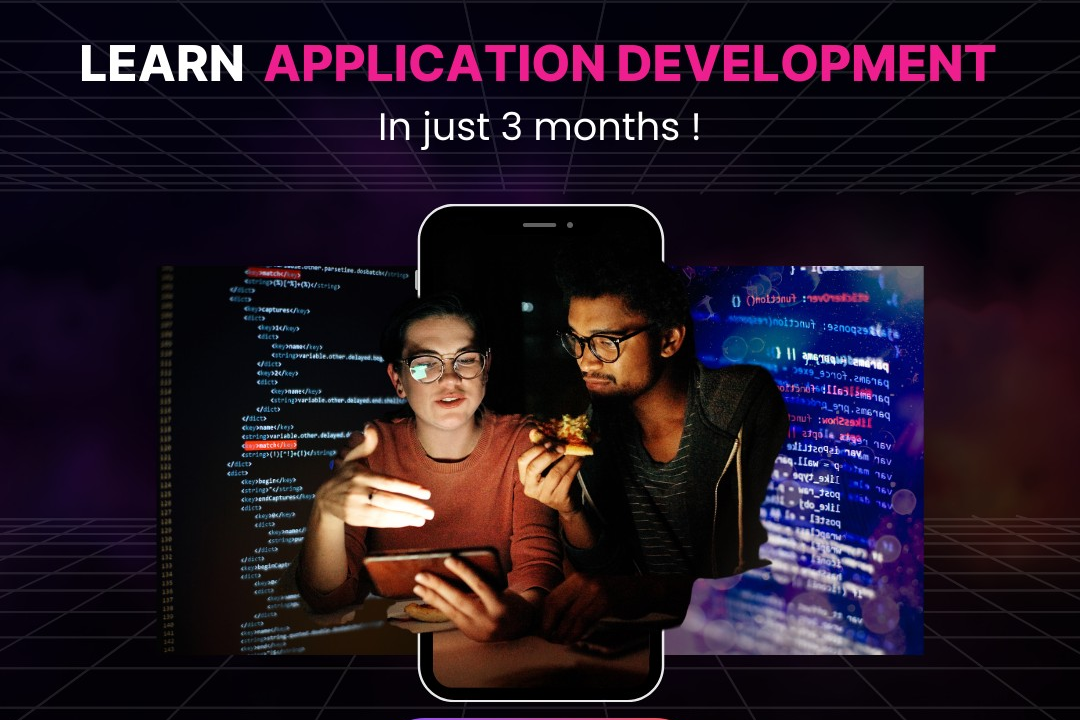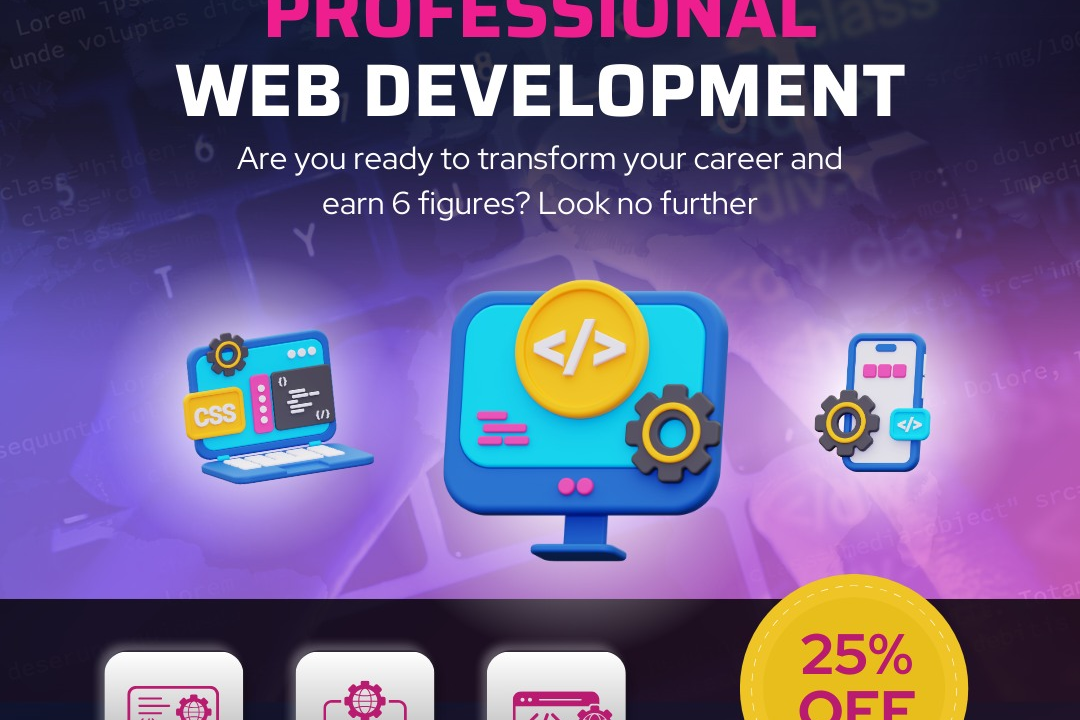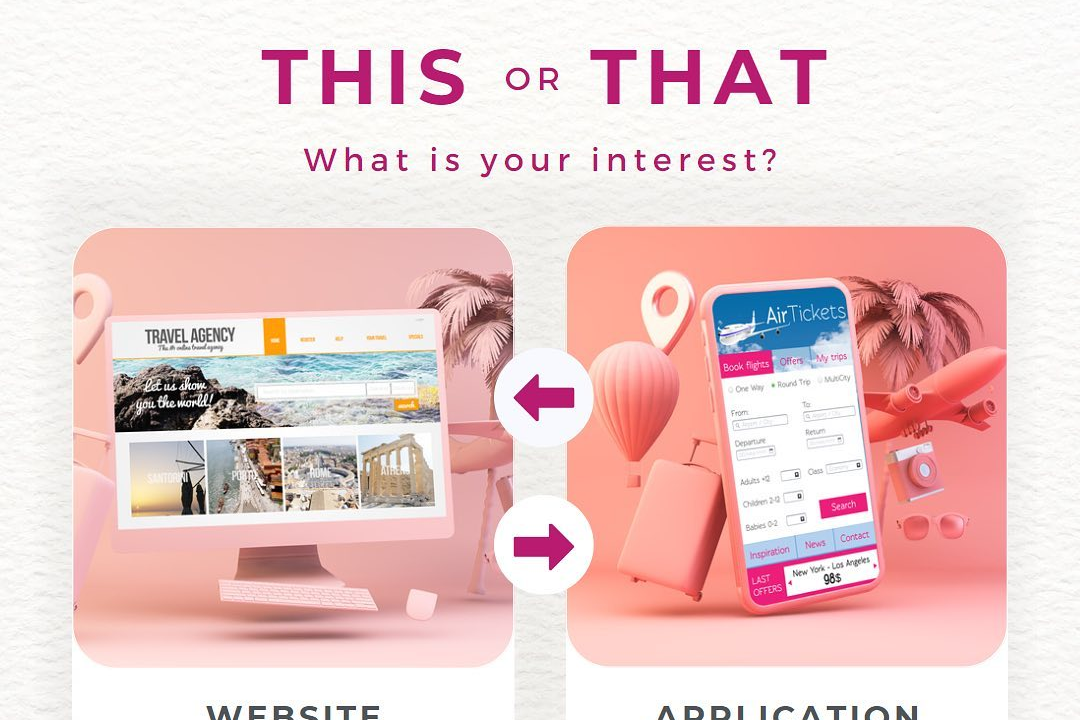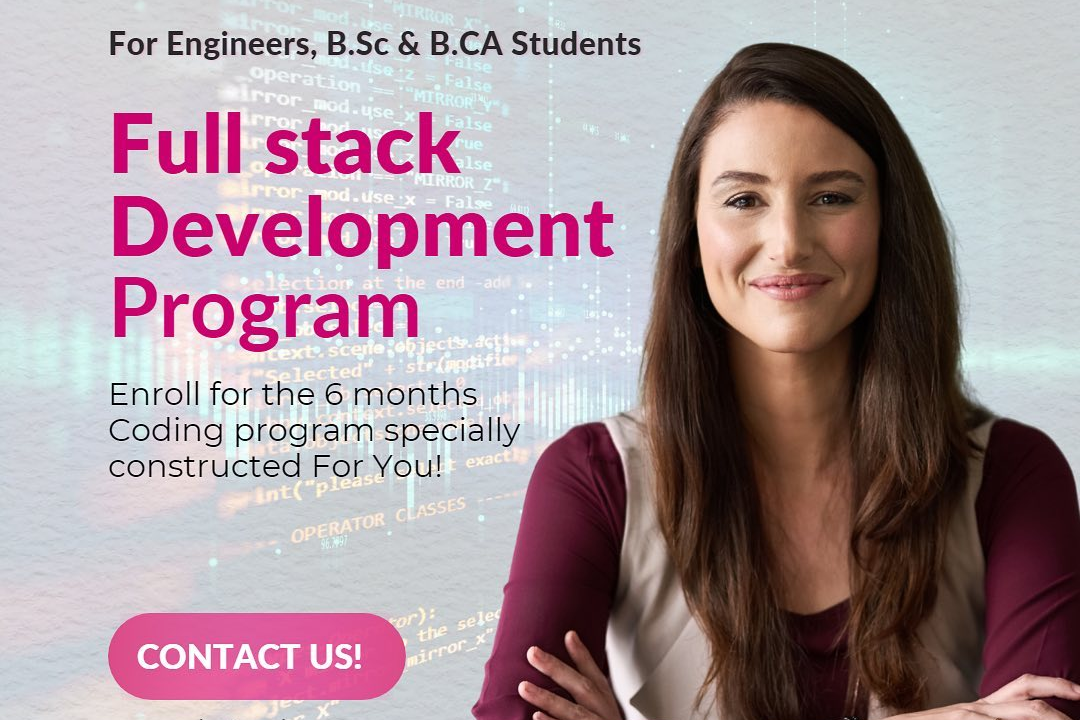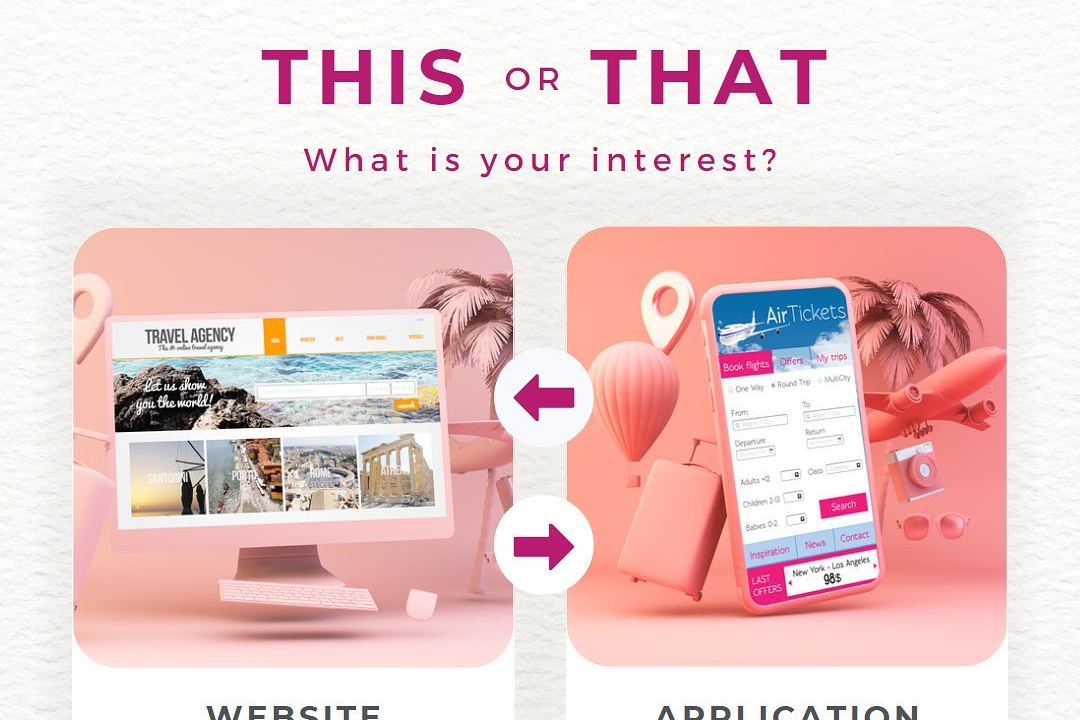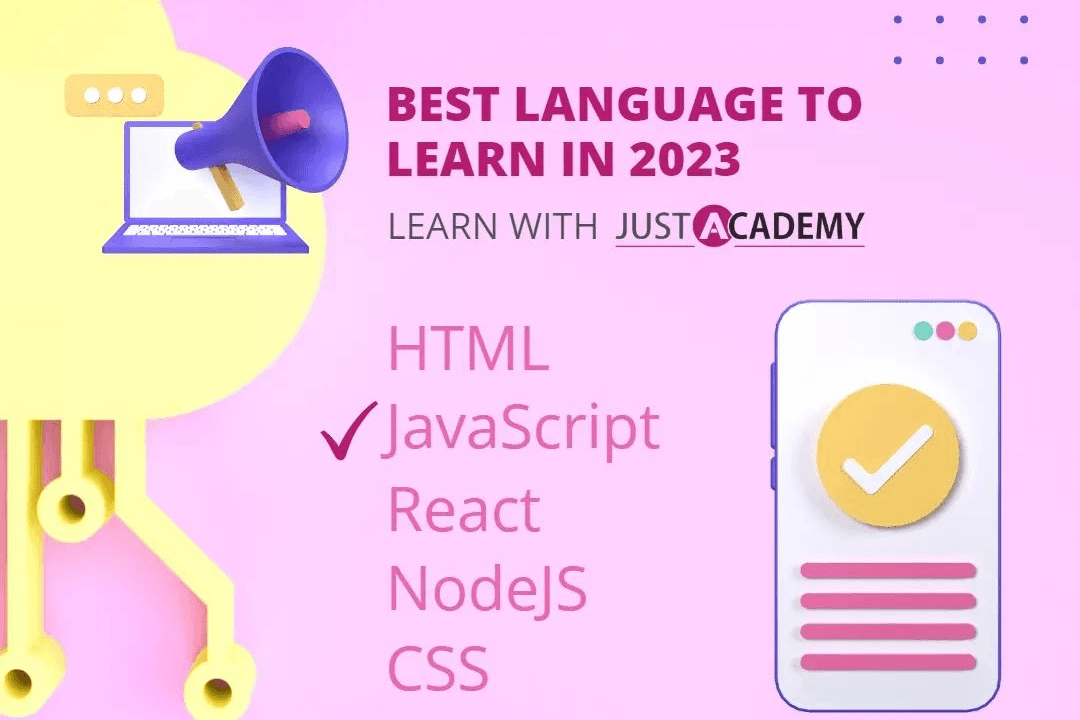Junior Vs Senior Flutter Developer Interview Questions
Flutter Developer Interview Questions: Junior vs Senior
Junior Vs Senior Flutter Developer Interview Questions
Junior and Senior Flutter Developer Interview Questions vary significantly in their scope and complexity, reflecting the different levels of experience and responsibilities. Junior interviews typically focus on core Flutter concepts, basic programming skills, and fundamental software development principles. Senior interviews, on the other hand, delve into advanced Flutter practices, architectural design, performance optimization, code quality, and team collaboration, assessing the candidate's ability to lead and mentor junior developers. Understanding the distinction between these interview levels helps candidates prepare effectively, showcases their skills and experience, and enables hiring managers to identify the right fit for their team.
To Download Our Brochure: https://www.justacademy.co/download-brochure-for-free
Message us for more information: +91 9987184296
Junior Flutter Developer Interview Questions:
- Describe the key differences between `StatefulWidget` and `StatelessWidget`.
- 2. Explain how to manage state in a Flutter app using `setState()`.
- 3. How do you handle user interaction in Flutter?
- 4. Explain the concept of “Hot Reload” in Flutter.
- 5. Describe how to use `Navigator` for navigation.
- Senior Flutter Developer Interview Questions:
- 1. How do you optimize performance in a Flutter app?
- 2. Explain how to use a `Bloc` for state management.
- 3. How do you handle asynchronous operations in Flutter?
- 4. Describe the architecture of a typical Flutter app.
- 5. Explain how to integrate a Flutter app with native code.
- 6. What are the best practices for testing a Flutter app?
- 7. Explain how to implement custom widgets.
- 8. How do you handle deep linking in Flutter?
- 9. Describe the different ways to create animations in Flutter.
- 10. Explain how to use a custom shader in Flutter.
- Effective Strategies to Enhance Points Accumulation:
- 1. Join Loyalty Programs:
- Enroll in loyalty programs offered by airlines, hotels, credit card companies, and retailers.
- * Accumulate points for purchases made with participating businesses.
- 2. Use Credit Cards with Rewards:
- * Choose credit cards that offer rewards points, such as airline miles or cash back.
- * Maximize points earning by using these cards for daily expenses.
- 3. Book Travel through Loyalty Programs:
- * Redeem points for flights, hotel stays, and other travel experiences.
- * Take advantage of bonus points and promotions for booking through loyalty portals.
- 4. Participate in Promotions and Bonuses:
- * Stay updated on special promotions and bonus offers from loyalty programs.
- * Take advantage of these opportunities to earn additional points.
- 5. Use Points for Non Travel Redemptions:
- * Explore options to redeem points for merchandise, gift cards, and experiences beyond travel.
- * This can help you maximize the value of your accumulated points.
- 6. Refer Friends and Family:
- * Refer new members to loyalty programs and earn bonus points.
- * Encourage friends and family to make purchases using your referral links.
- 7. Consider Elite Status:
- * Aim for elite status in loyalty programs to unlock additional perks and benefits.
- * Elite status often provides increased earning rates, priority boarding, and other exclusive rewards.
- 8. Co Branded Partnerships:
- * Look for co branded credit cards or partnerships between airlines and retailers.
- * These partnerships often allow for accelerated points accumulation on specific purchases.
- 9. Use Shopping Portals:
- * Explore online shopping portals that offer rewards points for purchases made at affiliated retailers.
- * Earn additional points while making everyday purchases.
- 10. Be Strategic with Redemptions:
- * Plan redemptions carefully to maximize the value of your points.
- * Consider factors such as blackout dates, peak season pricing, and award availability.
- Earn Points through Activities:
- Answer questions:* Contribute high quality answers to questions on the platform.
- Ask insightful questions:* Pose thoughtful questions that encourage discussion and knowledge sharing.
- Comment and upvote:* Engage in conversations by leaving valuable comments and upvoting others' contributions.
- Participate in Challenges and Contests:
- * Look for platform hosted challenges or contests that offer points as rewards.
- * Join groups or participate in discussions related to specific topics to earn bonus points.
- Referrals and Invitations:
- * Invite new users to join the platform using your referral link.
- * Get bonus points for each person who joins through your referral.
- Content Creation and Curation:
- Publish articles or blog posts:* Share your expertise or insights by creating original content that adds value to the community.
- Organize events or webinars:* Host virtual or in person events that benefit the platform and earn you points.
- Moderate forums or groups:* Take on the role of moderator and manage online discussions to ensure a positive and productive environment.
- Other Ways to Get Points:
- Daily login bonus:* Receive a small number of points for logging in daily.
- Completing profile:* Make sure your profile is complete and up to date, as it may be eligible for additional points.
- Participating in surveys:* Occasionally, platforms offer surveys to gather feedback and provide points as an incentive.
- Affiliation with sponsors:* Some platforms partner with sponsors who offer exclusive point earning opportunities.
- Tips for Maximizing Points:
- Be active and consistent:* Engage in regular activities on the platform to accumulate points steadily.
- Aim for quality over quantity:* Focus on providing valuable contributions rather than simply posting for points.
- Join relevant groups and forums:* Participate in discussions and contribute to communities that align with your interests.
- Showcase your expertise:* Demonstrate your knowledge and expertise in your field to earn recognition and points.
- Network and collaborate:* Build relationships with other users and collaborate on projects to increase your visibility and points.
- Course Overview
- This course covers comprehensive interview questions designed to assess the technical proficiency of junior and senior Flutter developers. It includes questions spanning core Flutter concepts, architecture, best practices, and real-world scenarios. By studying this course, aspiring Flutter developers can prepare effectively for both entry-level and experienced-level interviews.
- Course Description
- Ace your interview for a Junior or Senior Flutter Developer role with this comprehensive guide. Cover essential Flutter concepts, architecture, performance optimization, testing, and debugging techniques. Learn how to showcase your skills and demonstrate your in-depth knowledge of Flutter's ecosystem, from building responsive UI to handling complex state management.
- Key Features
- 1 - Comprehensive Tool Coverage: Provides hands-on training with a range of industry-standard testing tools, including Selenium, JIRA, LoadRunner, and TestRail.
- 2) Practical Exercises: Features real-world exercises and case studies to apply tools in various testing scenarios.
- 3) Interactive Learning: Includes interactive sessions with industry experts for personalized feedback and guidance.
- 4) Detailed Tutorials: Offers extensive tutorials and documentation on tool functionalities and best practices.
- 5) Advanced Techniques: Covers both fundamental and advanced techniques for using testing tools effectively.
- 6) Data Visualization: Integrates tools for visualizing test metrics and results, enhancing data interpretation and decision-making.
- 7) Tool Integration: Teaches how to integrate testing tools into the software development lifecycle for streamlined workflows.
- 8) Project-Based Learning: Focuses on project-based learning to build practical skills and create a portfolio of completed tasks.
- 9) Career Support: Provides resources and support for applying learned skills to real-world job scenarios, including resume building and interview preparation.
- 10) Up-to-Date Content: Ensures that course materials reflect the latest industry standards and tool updates.
Benefits of taking our course
Functional Tools
1 - Flutter Framework: A free and open source UI framework for building natively compiled applications for mobile, web, and desktop platforms.
2) Dart Programming Language: An object oriented, class based programming language developed by Google used to develop Flutter applications.
3) Visual Studio Code (VSCode): A free and open source code editor with built in debugging and autocomplete features for Flutter development.
4) Android Studio/IntelliJ IDEA: Integrated development environments (IDEs) providing advanced features for Flutter development, such as code navigation, refactoring, and unit testing.
5) Firestore: A cloud based NoSQL database service offered by Google, commonly used for storing and managing data in Flutter applications.
6) GitHub: A code hosting platform used for version control, collaboration, and sharing of code.
Training Program for Students:
Comprehensive coverage of Flutter framework, Dart programming language, and essential tools.
Hands on exercises to build real world Flutter applications.
Guidance from experienced Flutter developers.
Access to project based assignments and feedback.
Certification upon completion to showcase their skills.
1. Create High Quality Content:
- Write informative, engaging articles, blogs, and videos that provide value to your audience.
- * Optimize your content for search engines using relevant keywords and phrases.
- * Share your content on social media and other platforms to reach a wider audience.
- 2. Engage with Your Audience:
- * Respond to comments and questions on your website, social media pages, and forums.
- * Conduct Q&A sessions and live webinars to foster interaction and build relationships.
- * Run contests and giveaways to generate excitement and reward loyal followers.
- 3. Track Your Analytics:
- * Use analytics tools to monitor your website traffic, social media performance, and email campaigns.
- * Identify areas for improvement and adjust your strategies accordingly.
- * Track key metrics such as website visitors, page views, and conversion rates.
- 4. Build Relationships with Influencers:
- * Reach out to industry experts, bloggers, and social media influencers who cover topics related to your niche.
- * Offer guest posting opportunities or collaborate on projects to gain exposure to their audience.
- * Cross promote each other's content and support their initiatives.
- 5. Utilize Paid Advertising:
- * Consider using paid advertising campaigns on platforms like Google AdWords or social media platforms.
- * Target your ads to specific demographics and interests to maximize their effectiveness.
- * Use retargeting strategies to reach users who have previously visited your website or engaged with your content.
- 6. Optimize for Mobile:
- * Ensure your website and content are mobile friendly and easily accessible on smartphones and tablets.
- * Use responsive design and optimize images for fast loading times.
- * Consider creating mobile specific content, such as app exclusive features or downloadable content.
- 7. Leverage Email Marketing:
- * Build an email list by offering incentives for subscriptions, such as exclusive content or discounts.
- * Send regular newsletters with valuable information and updates.
- * Use email automation to nurture leads and drive conversions.
- 8. Participate in Online Communities:
- * Join online forums and groups related to your industry or niche.
- * Actively participate in discussions, answer questions, and share your expertise.
- * Collaborate with other members and build relationships that can lead to business opportunities.
- 9. Use Social Media Strategically:
- * Establish a strong social media presence on platforms where your target audience is active.
- * Post relevant content, engage with followers, and run contests or giveaways to increase visibility.
- * Use social media advertising to target specific demographics and interests.
- 10. Stay Up to Date with Best Practices:
- * Attend industry events and webinars to stay informed about the latest trends and best practices.
- * Read blogs and articles from thought leaders in your field to gain new perspectives and insights.
- * Adapt your strategies as needed to meet the evolving digital landscape.
Browse our course links : https://www.justacademy.co/all-courses
To Join our FREE DEMO Session: Click Here
This information is sourced from JustAcademy
Contact Info:
Roshan Chaturvedi
Message us on Whatsapp: +91 9987184296
Email id: info@justacademy.co
Top 20 React Native Interview Questions
Interview Questions Of React Native
React Js Vs React Native Interview Questions

